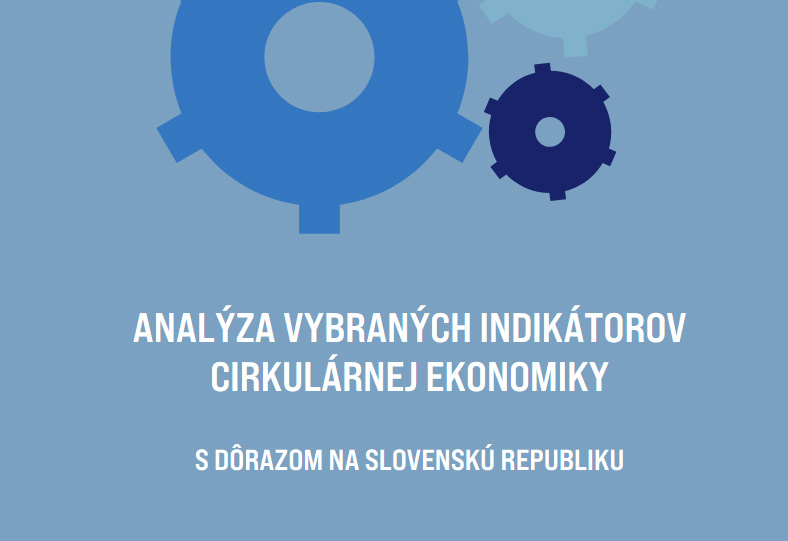
Category: Studies

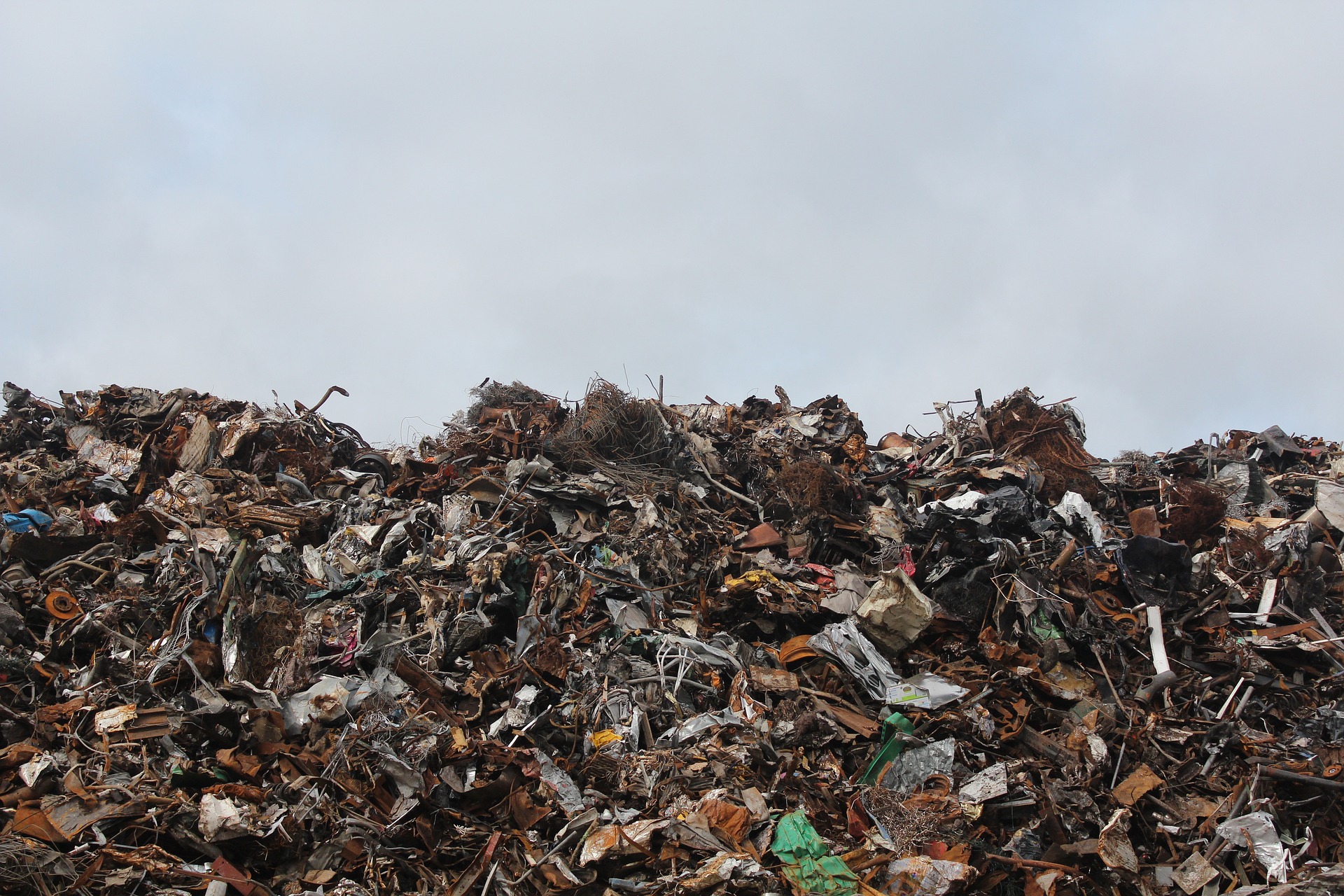
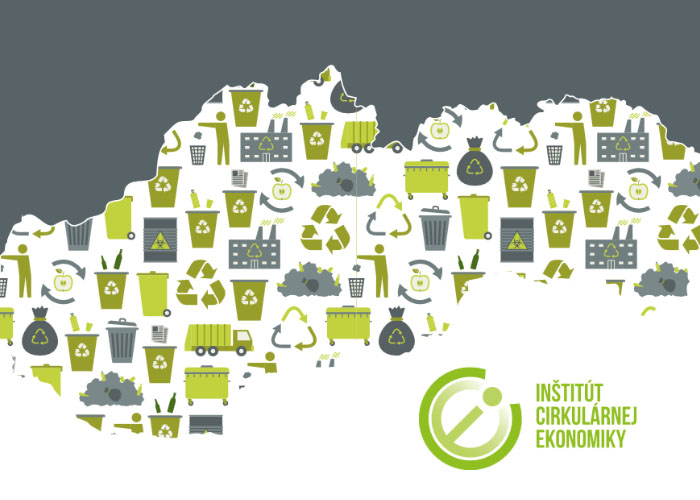

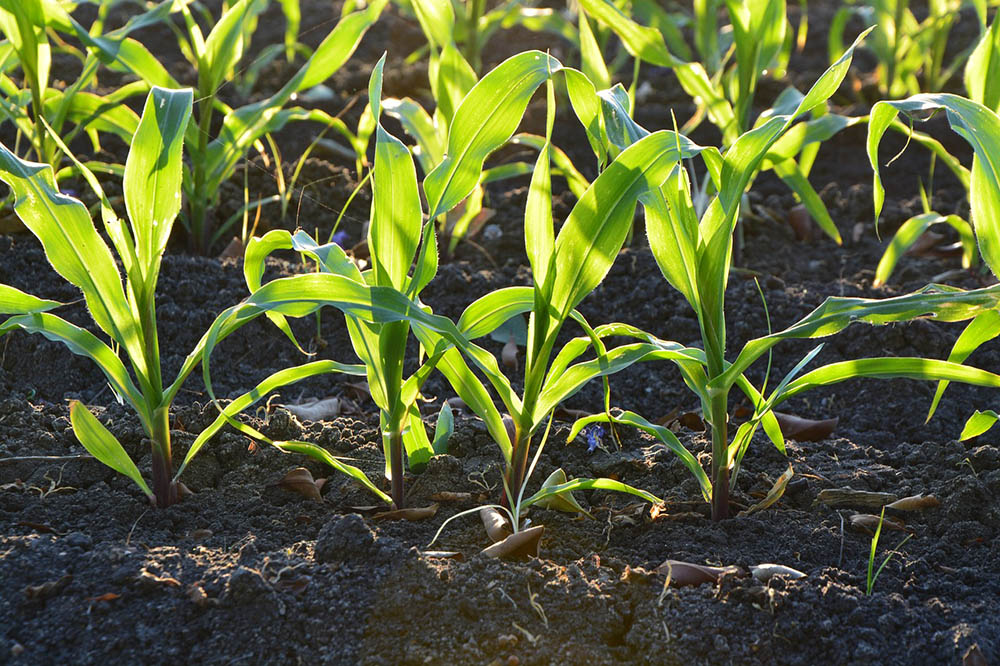
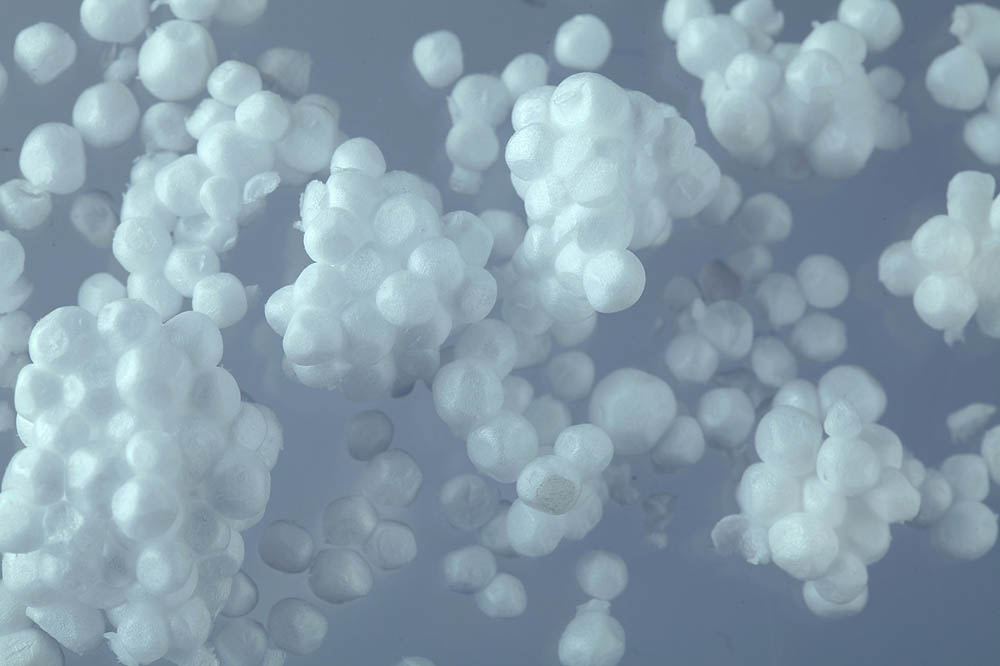
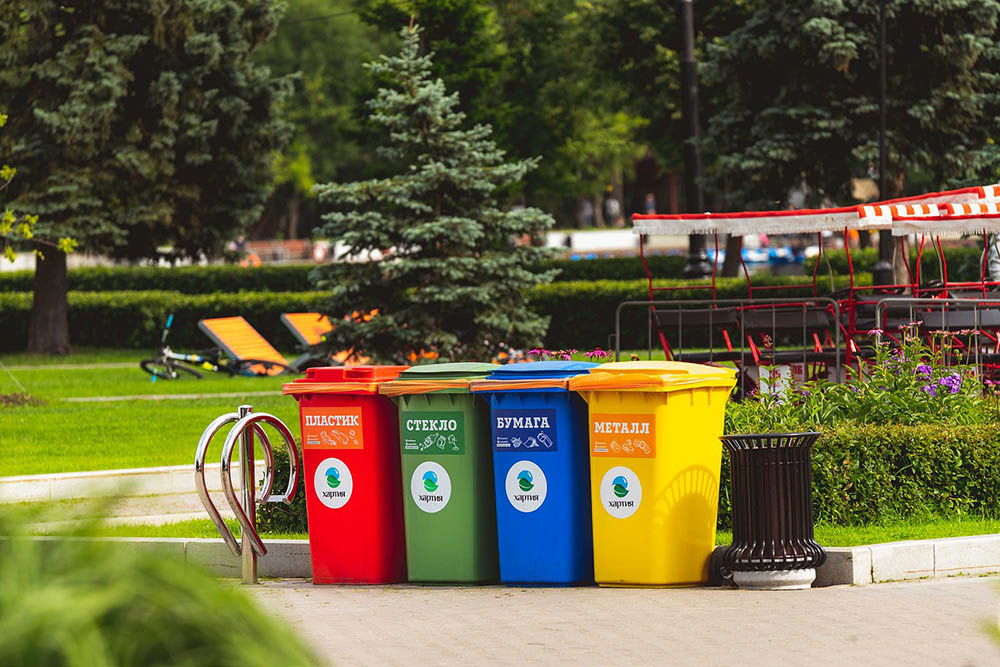
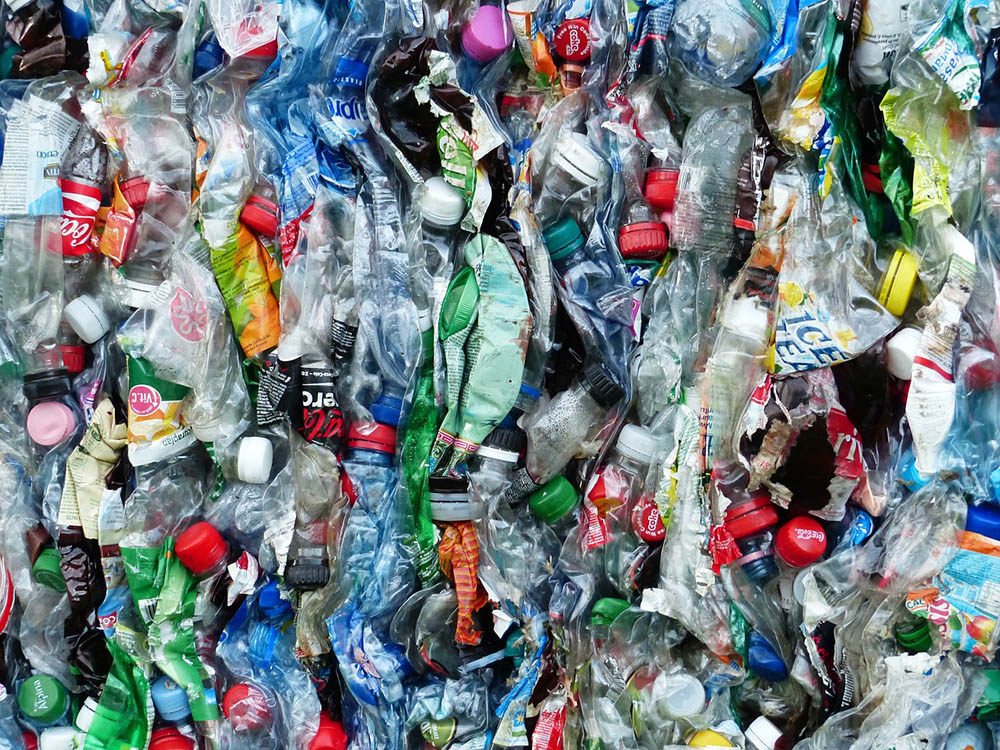

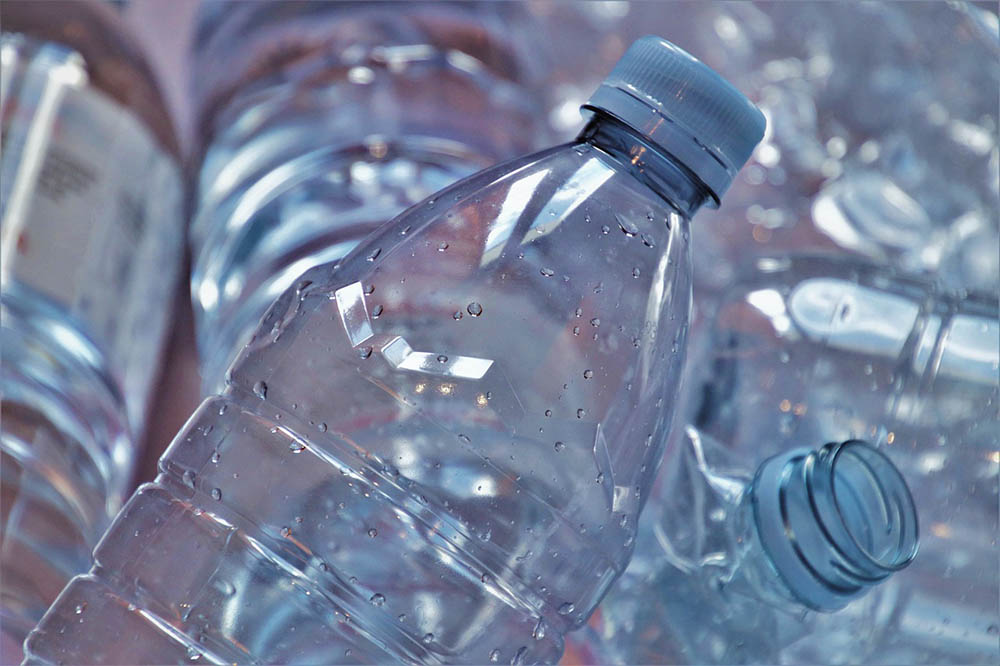

The analysis aimed to present the main circular economy indicators presenting the state of Slovakia in the area of the circular economy. Here you can find a complete overview of Slovakia’s indicators, resources and location compared to EU countries. The indicator is a tool by which we can quantify the development of Slovakia in the monitored area.

Objective and output of the activity was analysis of processes of 3 selected types of waste, their capacities, recovery methods and types of waste (technologies used, based on market research, consent analysis). The data are available to all (professional and general public) who can use it in the implementation of new projects and cooperation (on the incien.sk).
Work on this study was financed from a Tesco Foundation grant for 2021.

The publication maps the situation in the 8 largest cities of Slovakia in the field of waste management. In total, more than 550,000 tons of municipal waste is generated here, which is up to 23% of the amount of waste generated in Slovakia.
This study was financed from Friedrich Ebert Stiftung.

The nature of clothing production has changed radically. With the development of the textile and clothing industry, the company’s approach to clothing has completely changed. A few decades ago, people went shopping for clothes once a season, but later came a change in the form of so-called fast fashion – fast fashion. The fashion industry brought with it a number of negatives and became a dirty and cruel industry. Although it brings a livelihood to many people, incomparably more is earned by the owners of fashion brands. Cheap clothing brings the exploitation of workers and poor working conditions, the suffering of a number of animals, the accumulation of waste in landfills and in the wild, the release of pollutants into the environment, or the production of greenhouse gas emissions linked to climate change. So it’s time to change this business and make it more sustainable.
The document is intended for all who want to make a comprehensive overview of current problems and potential solutions in the textile and clothing industry in the world and Slovakia.
The publication is part of the Coherent Europe for Sustainable Development project supported by EuropeAid and a coherent Europe for Sustainable Development: Supporting policies that will bring about a change supported by SlovakAid funds. It was compiled and published by Ambrela – Platform of Development Organizations and Institute for Circular Economy.

The authors’ efforts were to summarize available information and data on bioplastics in the world, the EU and Slovakia. The study touches on the problems of conventional plastics, bioplastics as a solution to these problems, their performance or relevant legislation, as well as their application on the market, their handling or the overall advantages and disadvantages of these materials. It analyzes processing capacities for processing bioplastic waste in the territory of the Slovak Republic as well as proposals for an effectively set system from production to processing of bioplastic waste.
The study was prepared with the support of the Tesco Foundation Fund and provided to the Ministry of Environment as a professional basis for the preparation of strategic documents of the Slovak Republic. The study is co-authored by Professor Paul Alexy, STU.

The main objective of the analysis within the project of circularity of expanded polystyrene (EPS) in the territory of the Slovak Republic was to map the available information and data on the material in question related to its production, application, evaluation or disposal and to propose effective solutions to achieve the recycling target of 50% for this material by 2025 and by 2030 to ensure the complete circularity of EPS in the EU.
The study was financed by the Association of producers of expanded polystyrene.

Mixed municipal waste is not mechanically sorted in Slovakia, but goes directly to a landfill or incineration plant. Therefore, its content is unclear and, on the other hand, extremely important for the development of waste management and the transition to a circular economy. Analyses of mixed municipal waste are very important to support exact data in the field of waste management. Since our inception, we have implemented several dozen analyses. In our analyses, we used a new methodology such as Friends of the Earth – SPZ and JRK Slovakia. Therefore, our analyses are also a credible basis for strategy papers.
The Ministry of the Environment has decided to prepare a uniform methodology for analyses of mixed municipal waste. As one of the professional guarantors, we were part of the team of its preparation.

The aim of the study is to increase the material efficiency of packaging, reduce the harmfulness of packaging and design a system to support materials derived from recycled packaging waste. The aim of the study was to obtain information on the following areas:
Study prepared for Ministry of Environment, 2018

The aim of the study was to evaluate the effectiveness and update of relevant economic tools in the field of waste and packaging that affect waste generation and thus waste prevention.
The study addressed the following issues:
Last but not least, the study was intended to highlight the need to implement economic instruments that will allow the transition from a linear way of the economy to a circular economy. The role of the circular economy is precisely to prevent waste generation, to use waste as a new source of material, to extend the life cycle of products and materials, thus supporting the idea of sustainable development.
Study prepared for Ministry of Environment, 2018

The aim of the study was to compare selected types of packaging materials such as glass, aluminum and PET, their environmental impacts and to evaluate and summarize existing data based on the LCA (Life Cycle Assessment) methodology, which analyzes the environmental impacts of the entire life cycle of packaging throughout all stages of this cycle.
The study was prepared for Heineken sustainability strategy.
Na tejto stránke používame súbory cookies. Ak budete pokračovať v prehliadaní webu, predpokladáme, že s nimi súhlasíte. Viac informácií
Nastavenia cookies na tejto webovej stránke sú nastavené na "Povoliť cookies" vám prehliadanie možné skúsenosti. Ak budete pokračovať na používanie tejto webovej stránky bez zmeny nastavenia cookies alebo kliknite na tlačidlo "Prijať" nižšie potom dávate súhlas k tomu.
